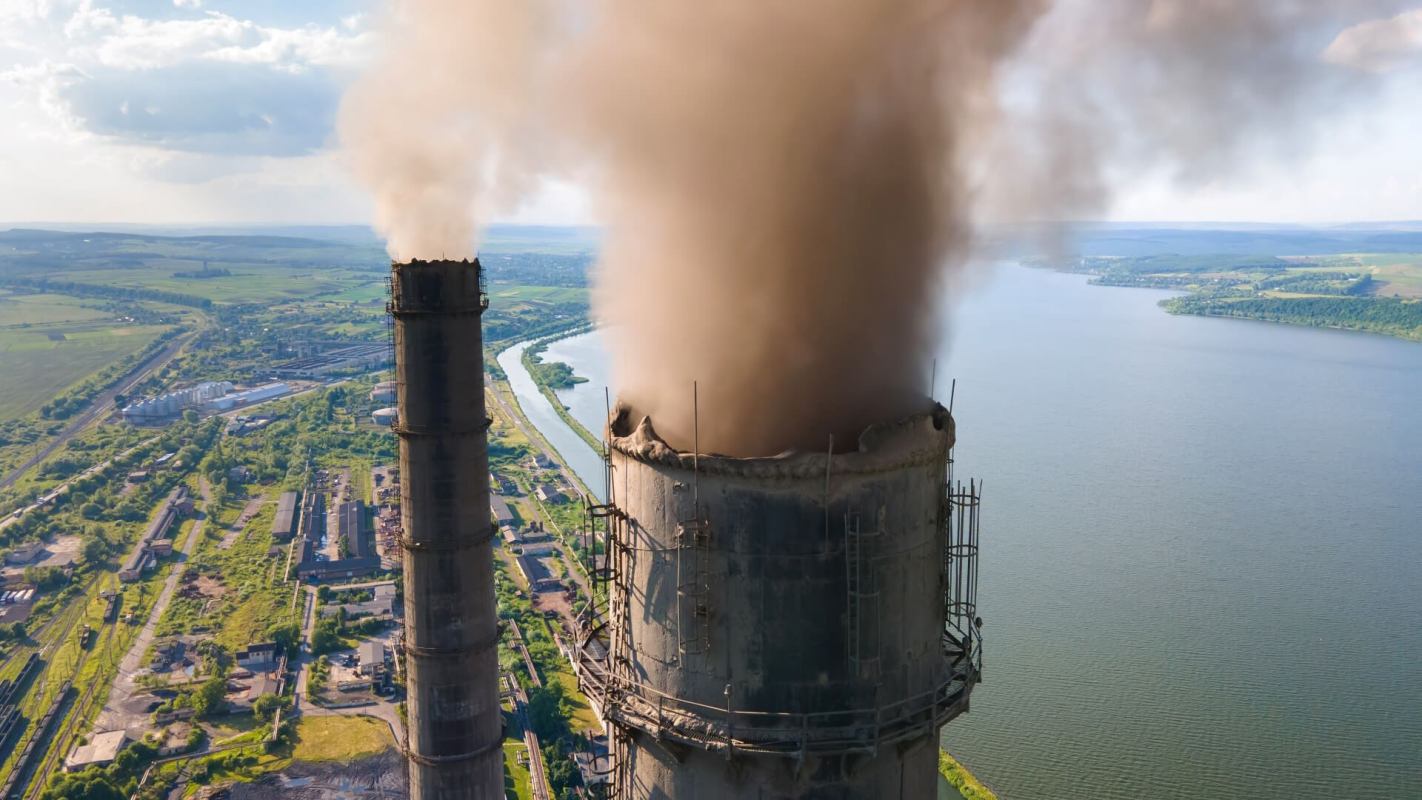The electricity used to power our homes, the cars we drive to work, and the plastic products we depend on for convenience and necessity all wouldn't be possible without coal, oil, and natural gas.
But our continued dependence on these fuels has caused us some serious problems. From asthma and costly medical bills to intensified extreme weather events and an overheating planet — some experts have deemed dirty energy a "fuelling failure."
What is dirty energy?
Dirty energy describes any source of energy that contributes to the overheating of our planet and intensifying extreme weather events.
Dirty energy is typically created by drilling, mining, and burning fossil fuels — the fossilized remains of plants and animals that have been underground for millions of years. These fuels are nonrenewable, meaning we cannot replenish supplies when used up.
Burning dirty fossil fuels produces energy, from generating heat for direct use, as in cooking on a gas stove, to powering engines, as in driving a gas-powered car.
The dirtiest energy projects use coal, crude oil, and natural (methane) gas, all of which are fossil fuels. Some argue that nuclear power, dams, bioenergy, and waste-to-energy projects also fall under the umbrella.
Of all the energy consumed in the U.S. in 2021, approximately 79% came from dirty energy sources, according to the Energy Information Administration (EIA). The EIA states fossil fuels have dominated the U.S. energy mix for over a century.
The severe and apparent repercussions of dirty energy are causing a shift in global energy mixes.
Why is dirty energy harmful?
The mining, drilling, and burning of dirty energy sources can harm human health and our planet.
Exposure to air pollution from these sources can worsen respiratory conditions like asthma and lead to diseases such as lung cancer, heart disease, strokes, and premature deaths, according to research from Harvard University. It approximates that fossil fuel pollution is responsible for one in five premature deaths worldwide.
Beyond air pollution, dirty energy threatens lives through dangerous extraction methods and pollution of water supplies.
The health consequences of this air pollution are costly to treat and recover from, a Natural Resource Defense Council report concludes.
The report also states that the health costs of air pollution from coal, crude oil, and natural (methane) gas exceed $800 billion annually — only expected to increase with the continued use of dirty energy.
Projects that use dirty energy release harmful gas pollution into the air, called greenhouse gases (GHGs). Essentially, GHGs trap heat from the sun within the Earth's atmosphere, known as the greenhouse effect.
The burning of coal, crude oil, and natural gas releases carbon dioxide and methane — two of the most significant planet-overheating gases in our atmosphere today.
The heat trapped by these gases within our atmosphere is causing average global temperatures to increase, altering weather patterns and climates, and causing natural disasters to become more intense and frequent.
For us, this means enduring intense hurricanes, flooding, heat waves, wildfires, and more extreme weather events.
Reducing these adverse effects is only possible by lessening our reliance on dirty energy.
"We can't in good conscience continue to rely on fossil fuels, when we know that there are such severe effects on health and viable, cleaner alternatives," said Eloise Marais, a co-author of the aforementioned Harvard research.
How can we avoid using it?
You can avoid dirty energy in several ways that are also beneficial to you. This could include switching to a cleaner, cheaper electricity provider, which can save you a ton of money, opting for an electric leaf blower, which is far quieter than a gas-burning counterpart, or purchasing an electric vehicle or bike, which are now more affordable than ever.
You can also look to reduce your reliance on single-use plastics, many of which are made from dirty energy sources like oil, by opting for plastic-free alternatives to your favorite home goods, like laundry detergent and hand soap.
Though we as individuals can help solve this crisis, reducing the harmful effects of dirty energy also needs action from industries and governments.
The Inflation Reduction Act is helping Americans invest in clean energy.
Universities are preventing dirty energy corporations from recruiting on their campuses. The Presbyterian Church announced that it's pulling its investments from dirty energy funds. States like Virginia and Texas are also investing in clean energy.
The tides are turning, and together, we can reduce our reliance on dirty energy.
Want more? Follow The Cool Down on Instagram and join our Weekly Newsletter for cool stories and easy tips that save you money, time, and our planet.








